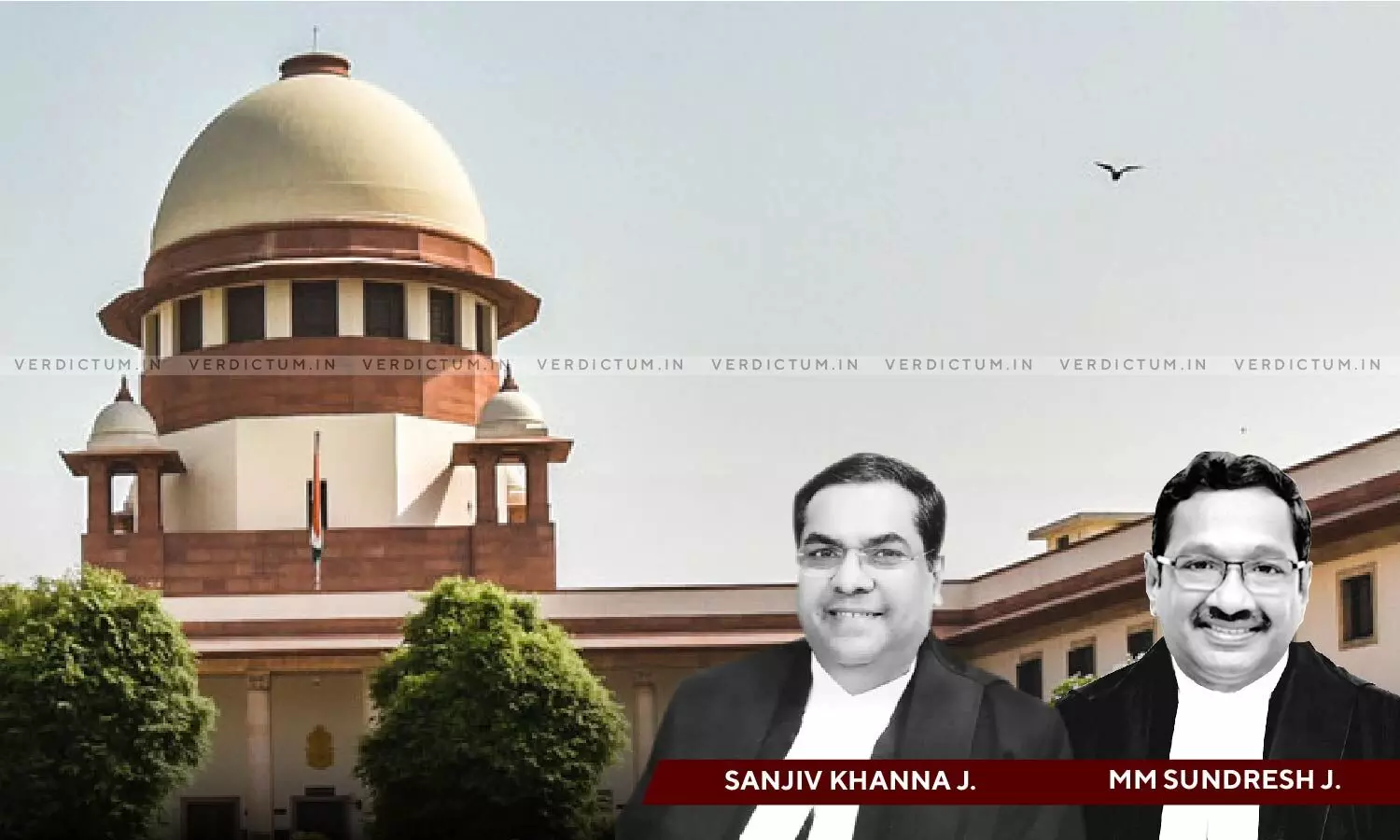
Writ Of Mandamus Is Prerogative Writ, Court Cannot Exercise Such Power In Absence Of Any Legal Right: Supreme Court
 |
|The Supreme Court while dealing with an appeal has observed that a writ of mandamus is a prerogative writ and that the Court cannot exercise the said power in absence of any legal right.
The two-Judge Bench comprising Justice Sanjiv Khanna and Justice M.M. Sundresh held, “Approaching the High Court for the consideration of an offer by the borrower is also frowned upon by this Court. A writ of mandamus is a prerogative writ. In the absence of any legal right, the Court cannot exercise the said power. More circumspection is required in a financial transaction, particularly when one of the parties would not come within the purview of Article 12 of the Constitution of India. When a statute prescribes a particular mode, an attempt to circumvent shall not be encouraged by a writ court.”
The Bench further said that a litigant cannot avoid the non-compliance of approaching the Tribunal which requires the prescription of fees and use the constitutional remedy as an alternative.
Senior Advocate K.V. Vishwanathan and Advocate A. Karthik appeared on behalf of the appellants while Senior Advocate Shyam Divan and Advocate Nishe Rajen Shonker appeared on behalf of the respondents.
In this case, seeking enforcement of a unilateral offer concerning private financial transactions, while questioning the steps taken to recover the dues on the failure to comply with the one-time settlements, extraordinary jurisdiction of the High Court was sought to be invoked. Acceding to the request made by duly interfering with the action taken by the appellants, orders were passed, in the exercise of powers conferred under Article 226 of the Constitution of India by the Kerala High Court, which were challenged in the appeals.
The Supreme Court in the above context noted, “… we are conscious of the fact that the powers conferred under Article 226 of the Constitution of India are rather wide but are required to be exercised only in extraordinary circumstances in matters pertaining to proceedings and adjudicatory scheme qua a statute, more so in commercial matters involving a lender and a borrower, when the legislature has provided for a specific mechanism for appropriate redressal.”
Accordingly, the Apex Court disposed of the appeals and directed the Registry to mark a copy of its order to the Kerala and Punjab & Haryana High Courts.
Cause Title- M/s. South Indian Bank Ltd. & Ors. v. Naveen Mathew Philip & Anr.